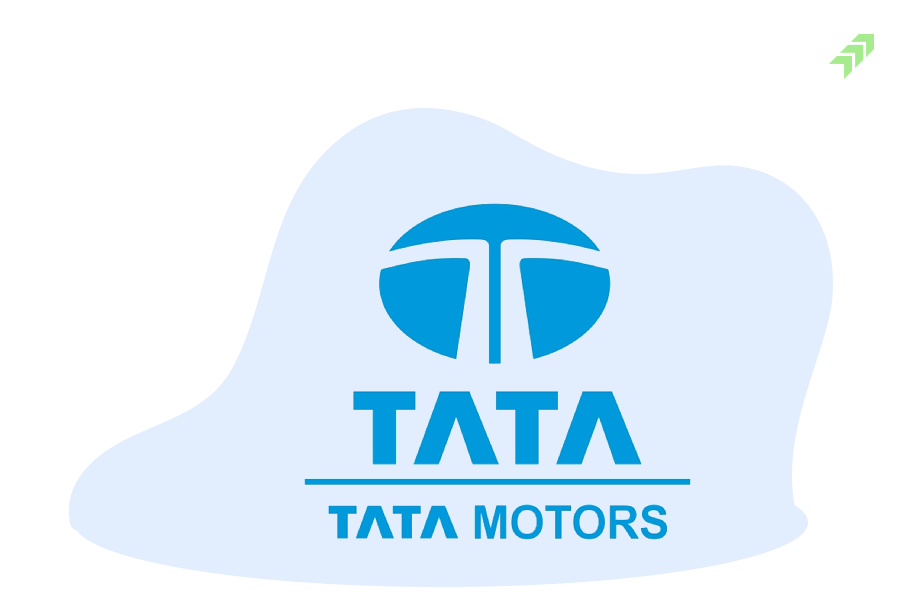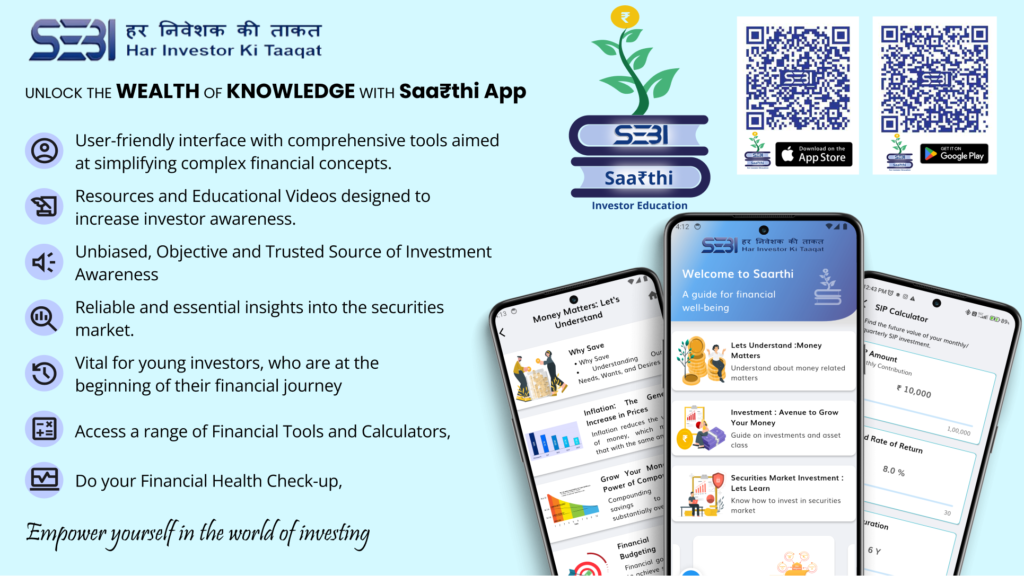Introduction to Bullish Options Trading Strategy
An option is a financial derivative contract that gives the option holder the right, but not the obligation, to sell or purchase an underlying security at a pre-specified expiry date and at a pre-specified strike price. Whereas, the option seller is obligated to honour the contract when the option holder exercises the options. Option writer is compensated by option buyer by receiving a premium for selling the option rights to the option buyer.
The two types of Option are:
- Call Option
A Call Option is a contract which gives holder of an option contract the right but not the obligation to buy the underlying asset i.e. stock, commodity, etc. at a pre-specified strike price and at a pre-specified expiry.
- Put Option
A Put Option is a contract which gives holder of an option contract the right but not the obligation to sell the underlying asset i.e. stock, commodity, etc. at a pre-specified strike and at a pre-specified expiry.
Duration of an Option:
In the Indian stock markets, options contracts are available for a 3-month period as per the exchange regulations.
- Near Month
March (current on-going month) - Next Month
April (next month) - Far Month
May (next to next month)
Moneyness of an Option:
Moneyness tells option holders on comparing the spot price with the strike price at expiry date, whether exercising an option will lead to a profit or not. Moneyness of an option contract is classified under 3 categories:
| Moneyness | Call Option | Put Option |
| In The Money | Strike Price < Spot Price | Strike Price > Spot Price |
| At The Money | Strike Price = Spot Price | Strike Price = Spot Price |
| Out of the Money | Strike Price > Spot Price | Strike Price < Spot Price |
Also read: Long Call Option Strategy


















No comment yet, add your voice below!